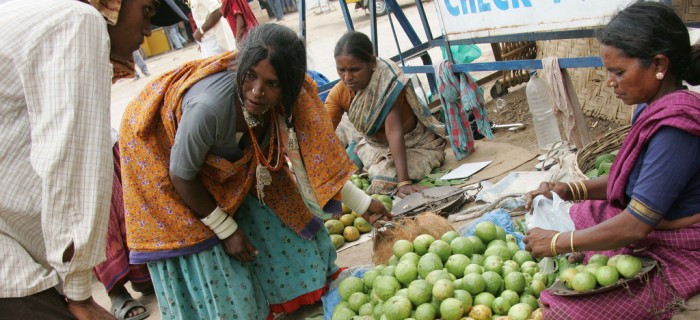Bitter Harvest: Farmer suicide and the impacts of the Green Revolution in Punjab, India
January 2007, Development Report No. 15
Executive Summary
The “Green Revolution” refers to the dissemination of industrial agriculture across the developing world during the 1960s and 70s, primarily through the introduction of “high yielding variety” (HYV) seeds, intensive irrigation, and chemical fertilizers and pesticides. This report adds to the debate surrounding the long-term effects of the Green Revolution on India, specifically on its epicenter, the Punjab state. Proponents of Punjab’s Green Revolution have consistently pointed to the great upsurge in yields of rice and wheat that industrial agriculture brought about, proclaiming it an unqualified success.
The links between the Green Revolution and the suicide epidemic are found in a web of interconnected crises that have enveloped rural Punjab over the last several decades.
This report takes issue with these declarations by exploring the Revolution’s darker side. In so doing, one quickly encounters an increasing, unmistakable and brutal pattern of farmer suicide across the state. The links between the Green Revolution and this suicide epidemic are found in a web of interconnected crises that have enveloped rural Punjab over the last several decades; crises born of the same processes that so greatly increased rice and wheat yields to begin with. This report examines three such critical issues: increasing rates of rural inequality, ecological collapse both in soil and water systems, and skyrocketing levels of debt among Punjabi farmers. In describing how these issues link with farmer suicide, this report challenges the claim that Punjab’s Green Revolution can be considered a “success.”
This report does not make concrete policy suggestions regarding Punjabi agriculture. Rather, this report should serve as an anthropological, geographical and historical analysis of the current situation in rural Punjab, to be considered by those who would decide such policy now or in the future, and by those interested in the issues facing Indian agriculture in the 21st century.


 Help Food First to continue growing an informed, transformative, and flourishing food movement.
Help Food First to continue growing an informed, transformative, and flourishing food movement.




